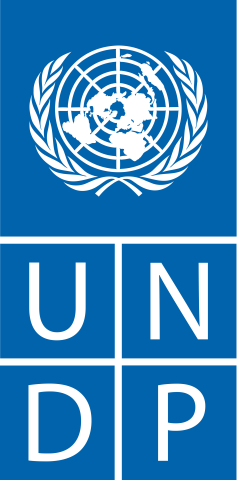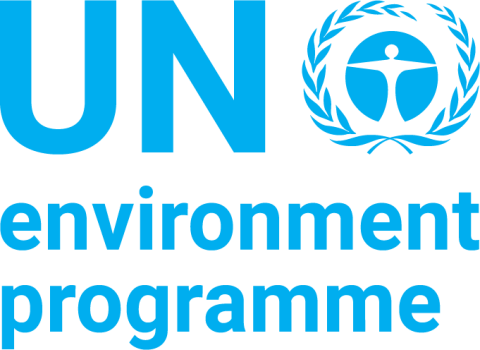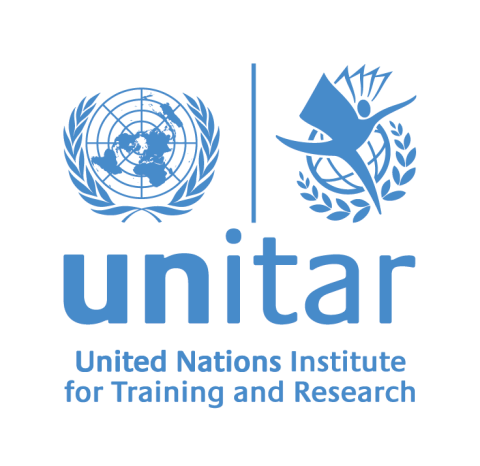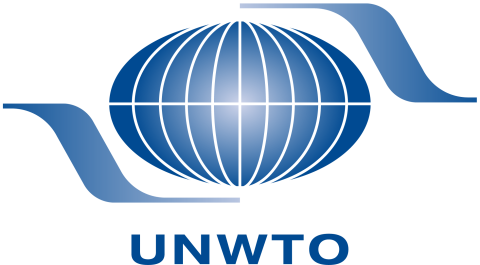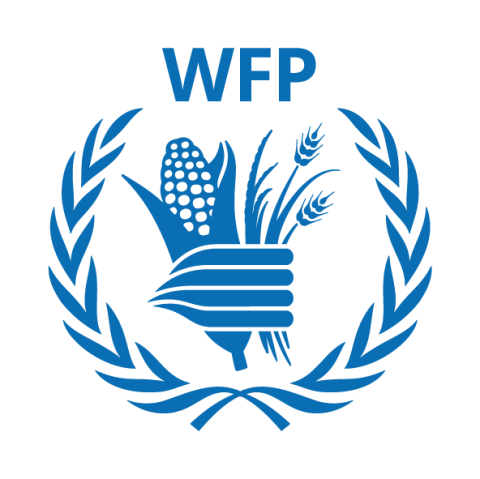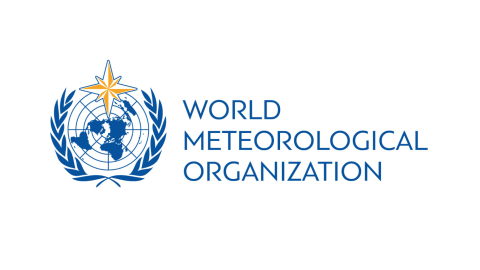
Breadcrumb
- تمت ترجمة هذه الصفحة باستخدام الترجمة الآلية. اقرأ المزيد.
هل تعلم...
تم تحديد الأهداف البيئية لعام 2030 في العديد من أهداف التنمية المستدامة السبعة عشر :
- الهدف 13 ، مكافحة تغير المناخ
- الهدف 14 ، الحفاظ على المحيطات والبحار والموارد البحرية
- الهدف 15 ، حماية النظم البيئية الأرضية واستعادتها
- الهدف 7 ، ضمان الحصول على الطاقة النظيفة الموثوقة وبأسعار معقولة وعلى مصادر المياه الآمنة للجميع
- الهدف 12 ، تطوير عادات ومعايير الإنتاج والاستهلاك أكثر استدامة.
2023...
كان العام 2015 عاماً مليئاً بالأمل بالنسبة للبيئة، حيث توصلت الدول إلى اتفاقات بشأن عدة نقاط رئيسية:
الحد من التلوث
تستضيف جنيف مجموعة من الاتفاقيات البيئية الدولية، وهي اتفاقيات بازل وروتردام وستوكهولم التي تتناول النفايات الخطرة والمواد الكيميائية والمبيدات الحشرية والملوثات العضوية على التوالي. بالإضافة إلى ذلك، تلفت اتفاقية ميناماتا الانتباه إلى التهديد الذي تشكله انبعاثات الزئبق. وتشترك جميع هذه الاتفاقيات في هدف حماية الصحة البشرية والبيئة من المنتجات الخطرة المتبقية.
وتقوم أمانات هذه الاتفاقيات بتنظيم اجتماعات مع الدول الأعضاء لمتابعة التقدم ومعالجة التطورات الجديدة في مجالاتها. وبالإضافة إلى ذلك، تساعد الدول في ترجمة التزاماتها إلى أفعال على المستوى الوطني. على سبيل المثال، يمكن لموظفي الأمانة تقديم الدعم الفني والتدريب لمساعدة الحكومات في صياغة التشريعات الجديدة بشأن المواد الخطرة.
المثال 1: معالجة النفايات البلاستيكية بموجب اتفاقية بازل
تعد اتفاقية بازل حاليًا الاتفاقية الدولية الوحيدة التي تغطي النفايات البلاستيكية ونقلها عبر الحدود . وتحت مظلتها، تم تأسيس شراكة النفايات البلاستيكية لجمع الحكومات والشركات والمجتمع المدني للحد من النفايات البلاستيكية وإيجاد طرق جديدة لإعادة تدوير النفايات الحالية.
وقد عالج مشروع تجريبي، بقيادة أمانة اتفاقية بازل، مشكلة شباك الصيد البلاستيكية في غانا، والتي غالبًا ما يتركها أصحابها وراءهم، مما يؤدي إلى تلويث البحار وقتل الأسماك وتهديد سبل عيش المجتمعات المحلية. ودعا المشروع أعضاء المجتمع إلى جمع الشباك البلاستيكية وإعادتها مقابل مبلغ صغير. ثم تم إعادة تدوير الشباك وتحويلها إلى منسوجات أو منتجات يومية أخرى.

المثال 2: معايير الجمال الخطيرة قيد المراجعة: اتفاقية ميناماتا
ومن الأمثلة على عمل اتفاقية ميناماتا حملة التوعية التي تستخدم شعارات مثل: "الإشراق الحقيقي يأتي من الداخل، وليس من الزئبق"، أو "السطوع ليس في بشرتك، السطوع هو من أنت".
تستخدم العديد من منتجات تفتيح البشرة الزئبق الذي قد يسبب القلق والاكتئاب، وتلف الجلد والجهاز العصبي والجهاز المناعي. تعمل الأمم المتحدة للبيئة واتفاقية ميناماتا على زيادة الوعي لمحاولة التغلب على معايير الجمال العنصرية التي تدفع الأشخاص ذوي البشرة الملونة إلى استخدام هذه المنتجات. كما تمت مناقشة هذا الموضوع خلال أحدث مؤتمر لأطراف الاتفاقية، في أكتوبر 2023.
حماية الأنواع واستعادة الموارد الطبيعية
إن النطاق الواسع من الاتفاقيات البيئية المتعددة الأطراف التي ترعاها الأمم المتحدة للبيئة يشمل عدة اتفاقيات تتعلق بحفظ الأنواع النباتية والحيوانية وحماية النظم البيئية بأكملها. وتوجد أمانتان من هذه الاتفاقيات في جنيف:
تشرف اتفاقية التجارة الدولية في الأنواع المهددة بالانقراض من الحيوانات والنباتات البرية (سايتس) على التجارة الدولية في الأنواع النباتية والحيوانية المهددة بالانقراض لضمان بقائها. ونظراً للقيمة الهائلة للمنتجات الحيوانية النادرة مثل أسنان النمر أو العاج، ولكن أيضاً النباتات أو الأخشاب أو الأعشاب الطبية، فلابد من وضع قوانين قوية لاحتواء تجارتها. وفي هذا الصدد، تحمي اتفاقية سايتس أكثر من 40 ألف نوع من النباتات والحيوانات. ويتعين على الدول التي وقعت على الاتفاقية أن تترجم محتواها إلى قانون وطني وأن تقيد التجارة القانونية، وبالتالي غير القانونية، في السلع الطبيعية.
اتفاقية طهران (بشأن حماية بحر قزوين وبيئته البحرية) هي اتفاقية إقليمية بين الدول الخمس المتاخمة لبحر قزوين: أذربيجان وإيران وكازاخستان والاتحاد الروسي وتركمانستان. يعد بحر قزوين أكبر بحيرة في العالم، وهو موطن للعديد من الأنواع التي لا يمكن العثور عليها إلا في هذه المنطقة. تسعى اتفاقية طهران إلى حماية هذه الأنواع وموائلها ومنع تلوث البيئة البحرية.
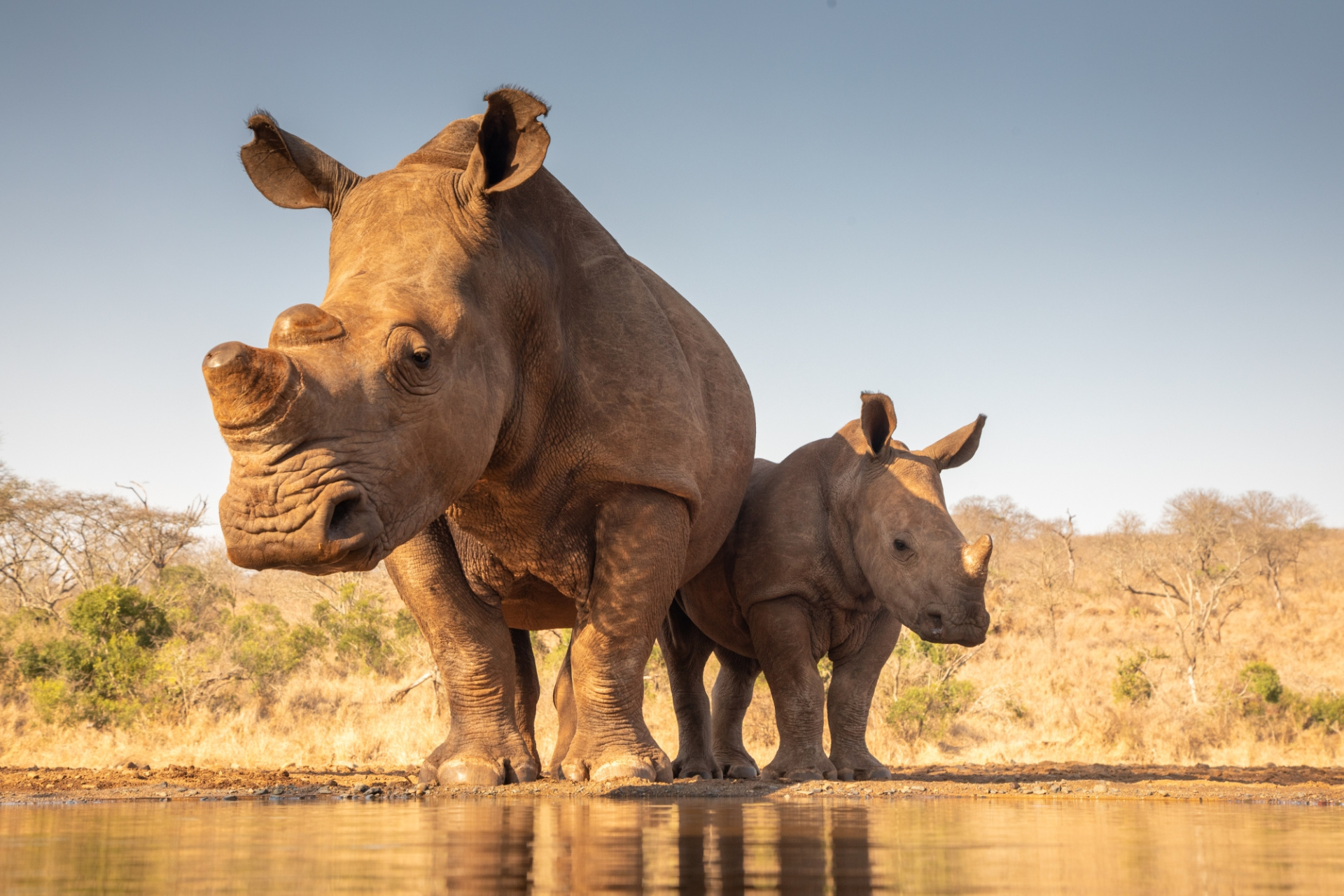
التعامل مع آثار الاحتباس الحراري العالمي
إن حماية البيئة بكل أبعادها تشكل إحدى المهام الرئيسية للأمم المتحدة في هذا العقد والعقود القادمة. ومع ذلك، فإن من مسؤولية المنظمة أيضًا حماية الأشخاص الأكثر تضررًا من تغير المناخ والتدهور البيئي، وتزويدهم بالأدوات اللازمة لحماية أنفسهم. لقد تضاعفت الكوارث المرتبطة بالمناخ تقريبًا مقارنة بالسنوات العشرين السابقة. إن الجفاف والفيضانات وحرائق الغابات والكوارث الأخرى تحاصر الناس في الفقر، وتسلبهم المنازل والحقول والحصاد، وكل شيء آخر بنوه على مر السنين. يساعد مكتب الأمم المتحدة للحد من مخاطر الكوارث البلدان والمدن والمجتمعات على تطوير آليات يمكنها الصمود بشكل أفضل في مواجهة هذه التهديدات البيئية، على سبيل المثال من خلال تطوير أنظمة الإنذار المبكر التي تنبه السكان قبل وقوع الكارثة؛ من خلال بناء المنازل في مواقع آمنة؛ أو من خلال مساعدة الحكومات على تطوير وتطبيق قواعد بناء وتشييد أفضل، مما يجعل المنازل أقل عرضة للانهيار في حالة وقوع كارثة.
البحث والتدريب
تراقب المنظمة العالمية للأرصاد الجوية، التي تتخذ من جنيف مقراً لها، تطورات الطقس والمناخ والمياه وغيرها من المؤشرات البيئية على مستوى العالم من خلال عدد كبير من المراصد، ومن خلال أبحاث مناخية مكثفة. ويعمل المكتب مع الحكومات على المستويين الوطني والمحلي للإشارة إلى مصادر المشاكل مثل انبعاثات الغازات المسببة للانحباس الحراري العالمي أو رداءة جودة الهواء.
إن الهيئة الحكومية الدولية المعنية بتغير المناخ، وهي جهد مشترك بين المنظمة العالمية للأرصاد الجوية وبرنامج الأمم المتحدة للبيئة، تقدم معلومات علمية عن تغير المناخ للحكومات. ويقوم خبراء الهيئة الحكومية الدولية المعنية بتغير المناخ بتحليل البحوث القائمة ووضع السيناريوهات المستقبلية ــ وهي الأساس الذي تستند إليه الحكومات لتعديل سياساتها المناخية.
يقدم معهد الأمم المتحدة للتدريب والبحث (UNITAR) مجموعة كبيرة من برامج التدريب التي تركز على الحفاظ على البيئة واستعادتها، على سبيل المثال في بعثات حفظ السلام، وعلى نطاق أوسع حول التنمية المستدامة.
المنظمات العاملة على حماية البيئة
مجموعة البنك الدولي هي مؤسسة مالية دولية تتمثل مهمتها في إنهاء الفقر المدقع وتعزيز الرخاء المشترك على كوكب صالح للعيش. وهي تعمل في جميع مجالات التنمية الرئيسية وتقدم مجموعة واسعة من المنتجات المالية والمساعدة الفنية لمساعدة البلدان على تبادل وتطبيق المعرفة والحلول المبتكرة لمواجهة تحديات التنمية [...]
برنامج الأمم المتحدة الإنمائي هو منظمة الأمم المتحدة الرائدة التي تكافح لإنهاء الظلم المتمثل في الفقر وعدم المساواة وتغير المناخ. من خلال العمل مع شبكة واسعة من الخبراء والشركاء في 170 دولة ، تساعد الوكالة الدول على بناء حلول متكاملة ودائمة للناس والكوكب.
يعمل مكتب برنامج الأمم المتحدة الإنمائي في [...]
يعمل مكتب الأمم المتحدة للحد من مخاطر الكوارث (UNDRR) من أجل الحد بشكل كبير من مخاطر الكوارث والخسائر لضمان مستقبل مستدام. UNISDR (المعروف سابقًا باسم UNISDR) هو النقطة المحورية لمنظومة الأمم المتحدة للحد من مخاطر الكوارث والوصي على إطار سنداي ، حيث يدعم البلدان والمجتمعات في تنفيذه ورصده ومراجعته.
تم إنشاء لجنة الأمم المتحدة الاقتصادية لأوروبا (UNECE) في عام 1947 من قبل المجلس الاقتصادي والاجتماعي. وهي واحدة من خمس لجان إقليمية تابعة للأمم المتحدة. هدفها الرئيسي هو تعزيز التكامل الاقتصادي لعموم أوروبا.
برنامج الأمم المتحدة للبيئة (اليونيب) هو السلطة البيئية العالمية الرائدة التي تضع جدول الأعمال البيئي العالمي ، وتعزز التنفيذ المتسق للبعد البيئي للتنمية المستدامة داخل منظومة الأمم المتحدة ، وتعمل كمدافع رسمي عن البيئة العالمية.
يقع مقر مكتب أوروبا التابع لبرنامج الأمم المتحدة للبيئة في جنيف ، حيث [...]
يقدم معهد الأمم المتحدة للتدريب والبحث (UNITAR) ، باعتباره ذراع تدريب مخصص لمنظومة الأمم المتحدة ، حلولًا تعليمية مبتكرة للأفراد والمنظمات والمؤسسات لتعزيز صنع القرار العالمي ودعم العمل على المستوى القطري من أجل تشكيل مستقبل أفضل.
تم إنشاء معهد الأمم المتحدة للتدريب والبحث (UNITAR) في عام 1963 [...]
يتمتع مكتب الأمم المتحدة المعني بالمخدرات والجريمة (UNODC) بصلاحية جعل العالم أكثر أمانًا من المخدرات والجريمة المنظمة والفساد والإرهاب. تلتزم المنظمة بتحقيق الصحة والأمن والعدالة للجميع من خلال معالجة هذه التهديدات وتعزيز السلام والرفاهية المستدامة كرادع لها.
يعمل مسؤول الاتصال التابع لمكتب الأمم [...]
يساعد مكتب الأمم المتحدة لخدمات المشاريع الأمم المتحدة وشركائها على توفير حلول السلام والأمن والحلول الإنسانية والإنمائية. مهمتهم هي مساعدة الناس على بناء حياة أفضل والبلدان على تحقيق السلام والتنمية المستدامة.
وهي تركز على التنفيذ ، وتلتزم بقيم الأمم المتحدة وكفاءة القطاع الخاص ، وهي الجزء الوحيد [...]
من المحتمل أن يؤدي وجود منظمة السياحة العالمية في جنيف إلى زيادة الأثر الإيجابي للسياحة كمحرك للتنمية. كجزء من نطاق عمل مكتب الاتصال بجنيف (GVLO) التابع لمنظمة السياحة العالمية لتمثيل منظمة السياحة العالمية في منظومة الأمم المتحدة والبعثات الدبلوماسية في جنيف وفي بناء شراكات استراتيجية لزيادة [...]
برنامج الأغذية العالمي للأمم المتحدة هو أكبر منظمة إنسانية في العالم تقوم بإنقاذ الأرواح في حالات الطوارئ وتستخدم المساعدة الغذائية من أجل تمهيد السبيل نحو السلام والاستقرار والازدهار للناس الذين يتعافون من النزاعات والكوارث وآثار تغيّر المناخ.
المنظمة العالمية للأرصاد الجوية (WMO) هي وكالة متخصصة تابعة للأمم المتحدة. إنه الصوت الرسمي لمنظومة الأمم المتحدة بشأن حالة وسلوك الغلاف الجوي للأرض ، وتفاعله مع المحيطات ، والمناخ الذي ينتجه ، والتوزيع الناتج لموارد المياه.


